Have you ever noticed how some people and their dogs seem to mirror each other’s personalities? For introverts, choosing a dog isn’t just about companionship — it’s about finding a four-legged friend who genuinely understands their need for peace, space, and quiet moments. Imagine a dog who’s happy to curl up nearby without demanding constant attention or one who can entertain itself while you recharge. That’s the magic of independent dog breeds for introverted souls. Let’s unravel why introverts and independent dogs make such a surprisingly perfect match.
The Unique Bond Between Introverts and Their Dogs
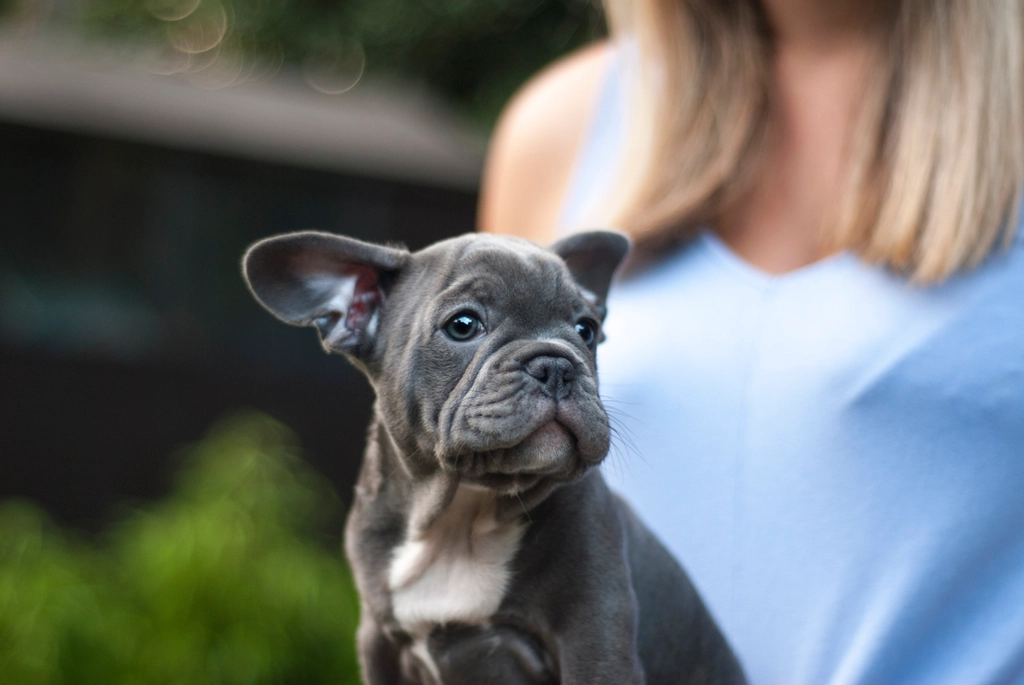
Introverts often cherish deep connections rather than frequent social interactions. For them, the ideal pet isn’t one that needs round-the-clock excitement, but rather a companion who respects boundaries. Independent dog breeds naturally offer this kind of relationship. Their ability to enjoy solitude allows introverts to feel close to their pet without feeling overwhelmed. These dogs don’t rely on constant engagement, creating an environment where both pet and owner can thrive in quiet harmony. For introverts, this bond feels genuine — no forced playtimes, no pressure to perform. Just a steady presence, which can feel like a breath of fresh air in a noisy world.
What Makes a Dog Breed ‘Independent’?
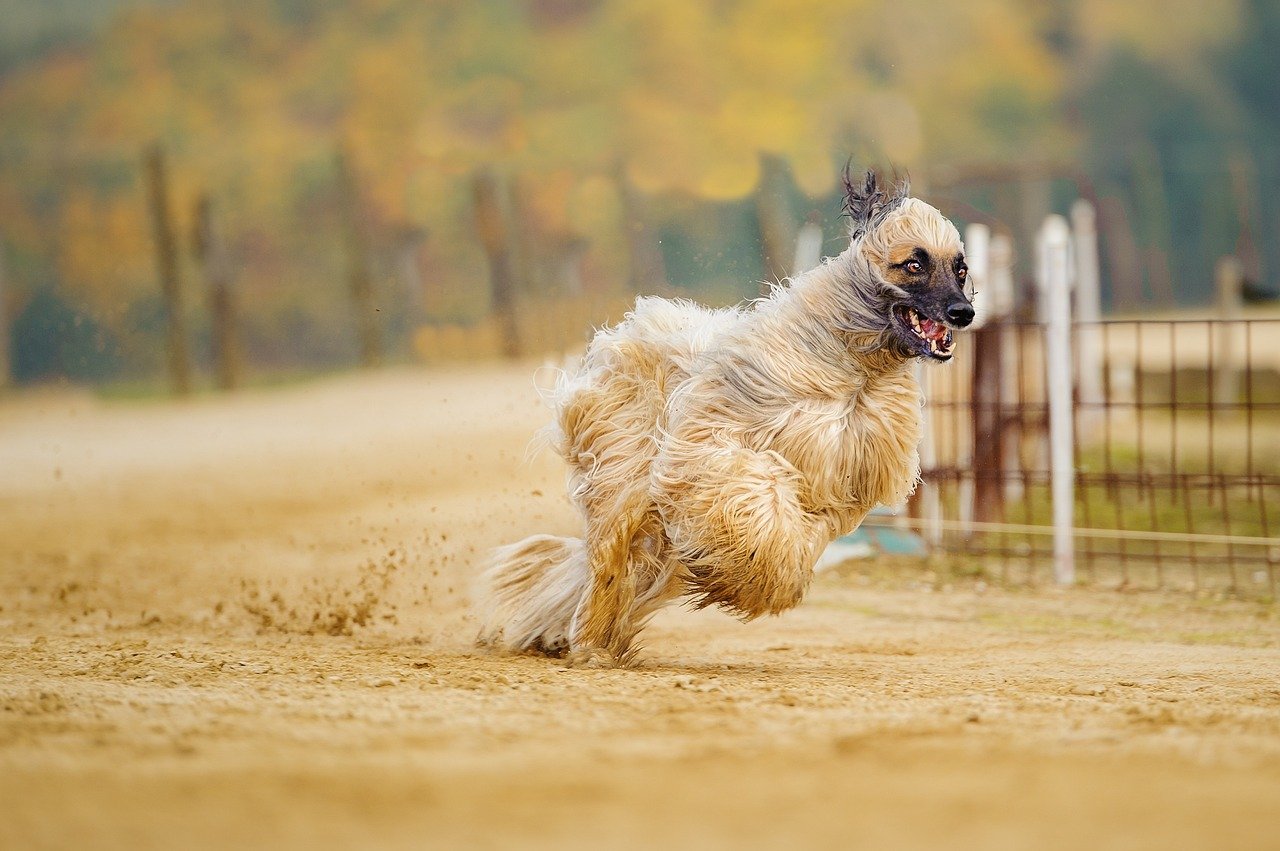
Not all dogs are wired the same. Independent dog breeds have been shaped by history to think and act on their own. Breeds like the Shiba Inu, Basenji, and Afghan Hound were bred to make decisions without human guidance, especially when hunting or guarding. This self-sufficiency shows up in their personalities: they’re content being alone for stretches of time, and they don’t always seek approval. For someone who appreciates alone time, having a dog that doesn’t shadow their every move is a real blessing. These breeds are often smart, resourceful, and quietly confident — traits that introverts often admire.
Craving Peace and Quiet: The Introvert’s Sanctuary
Introverts often recharge in calm, low-stimulation environments. A dog that barks at every passing car or demands attention every minute can shatter that peaceful space. Independent breeds, on the other hand, tend to be less needy and more reserved. They’re less likely to bark incessantly or create chaos in the house. Their quiet demeanor means the home remains a sanctuary — a peaceful bubble where both dog and owner can unwind together. Imagine enjoying a book while your dog dozes nearby, both of you enjoying your own kind of silence.
Low Maintenance, Low Stress
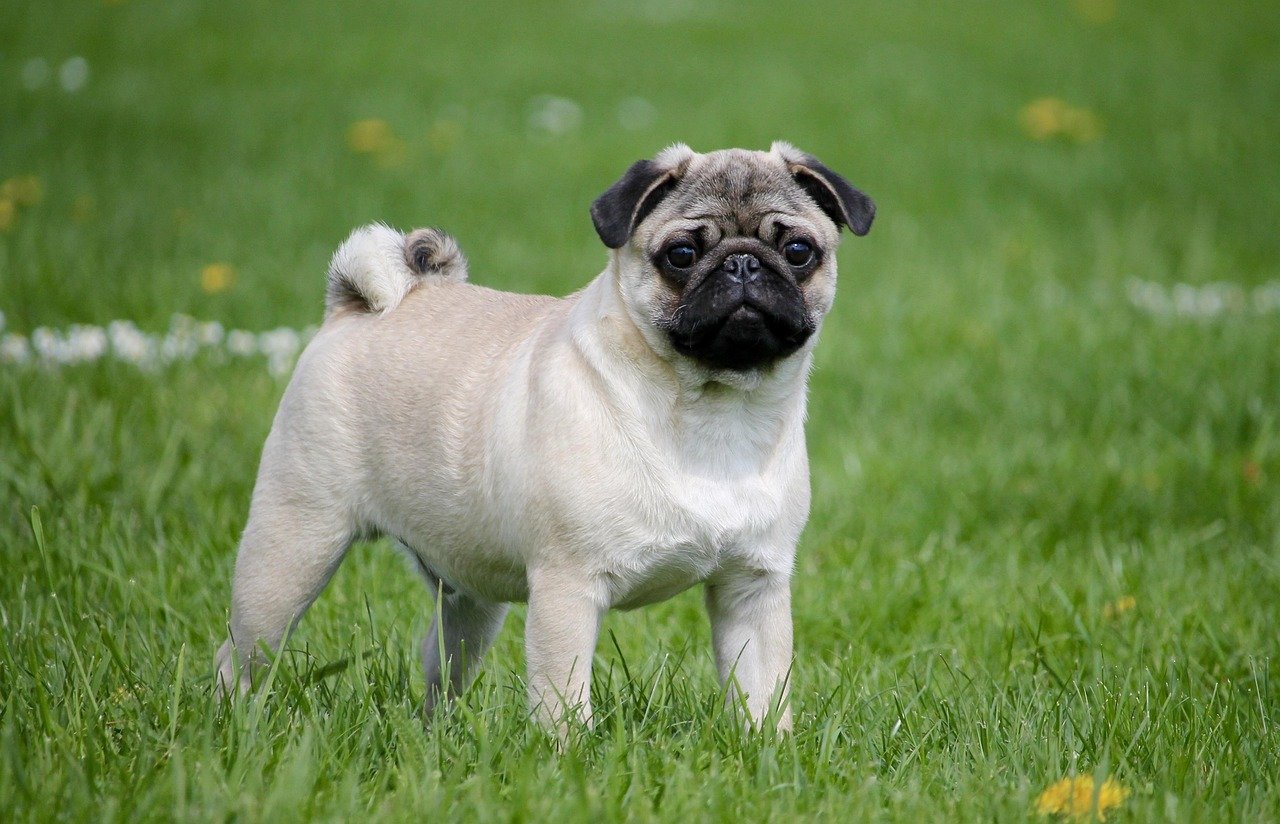
Independent dog breeds often require less hands-on attention than their more people-oriented counterparts. This doesn’t mean they don’t need love or care, but they’re usually fine with a bit of alone time. For introverts, this is a huge plus. They can go about their routines — whether it’s reading, working from home, or just enjoying some downtime — without constant interruption. The dog isn’t likely to get anxious or destructive if left alone for a few hours. It’s a relationship built on mutual respect for personal space, which can make life feel simpler and less stressful.
Personal Space: A Shared Value
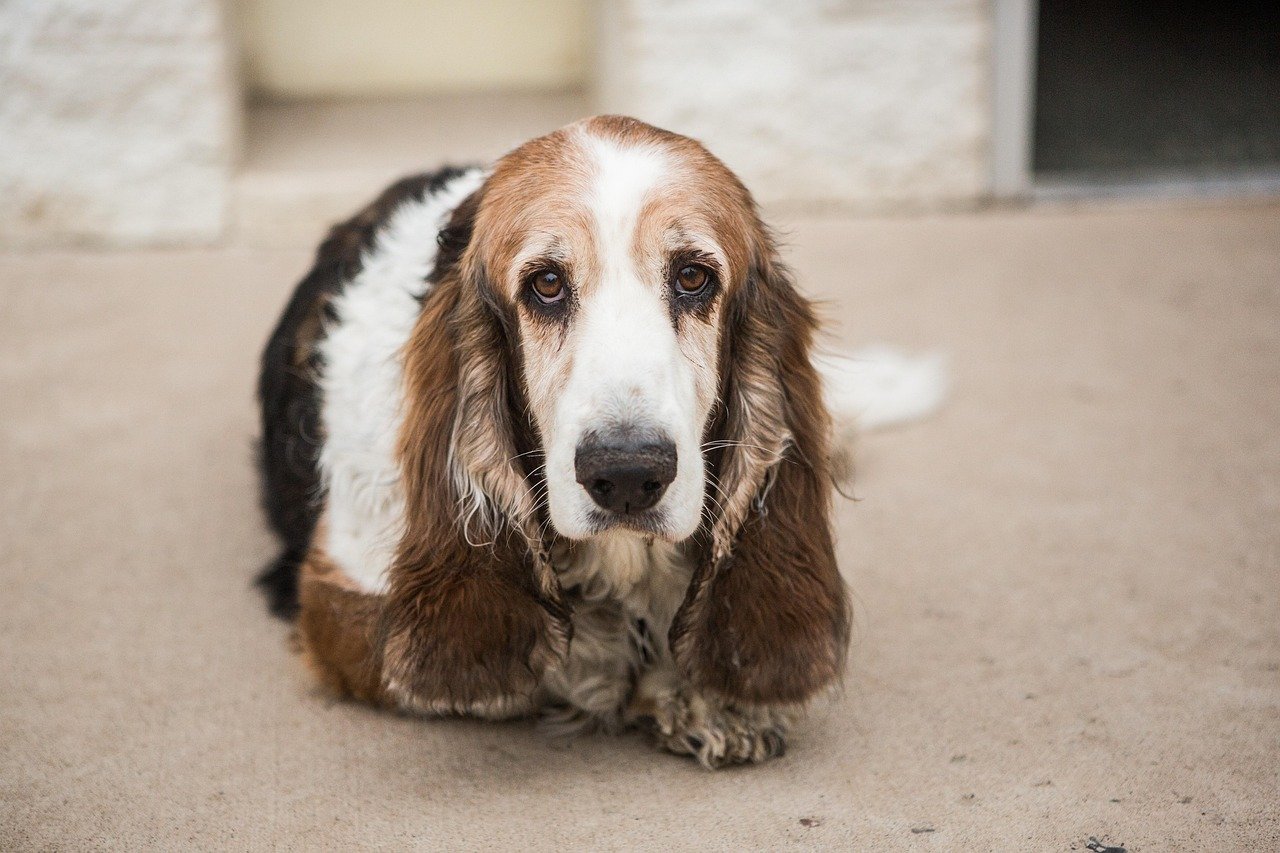
Personal space isn’t just a human need; some dogs crave it too. Independent breeds are comfortable being alone and don’t need to be glued to your side. For introverts, who often feel drained by too much closeness, this is a dream come true. These dogs will happily nap in another room or entertain themselves in the yard. There’s no guilt in taking a little “me time” because your dog is probably enjoying theirs as well. This shared respect for boundaries can deepen the bond and make both parties feel truly understood.
Mutual Respect and Understanding
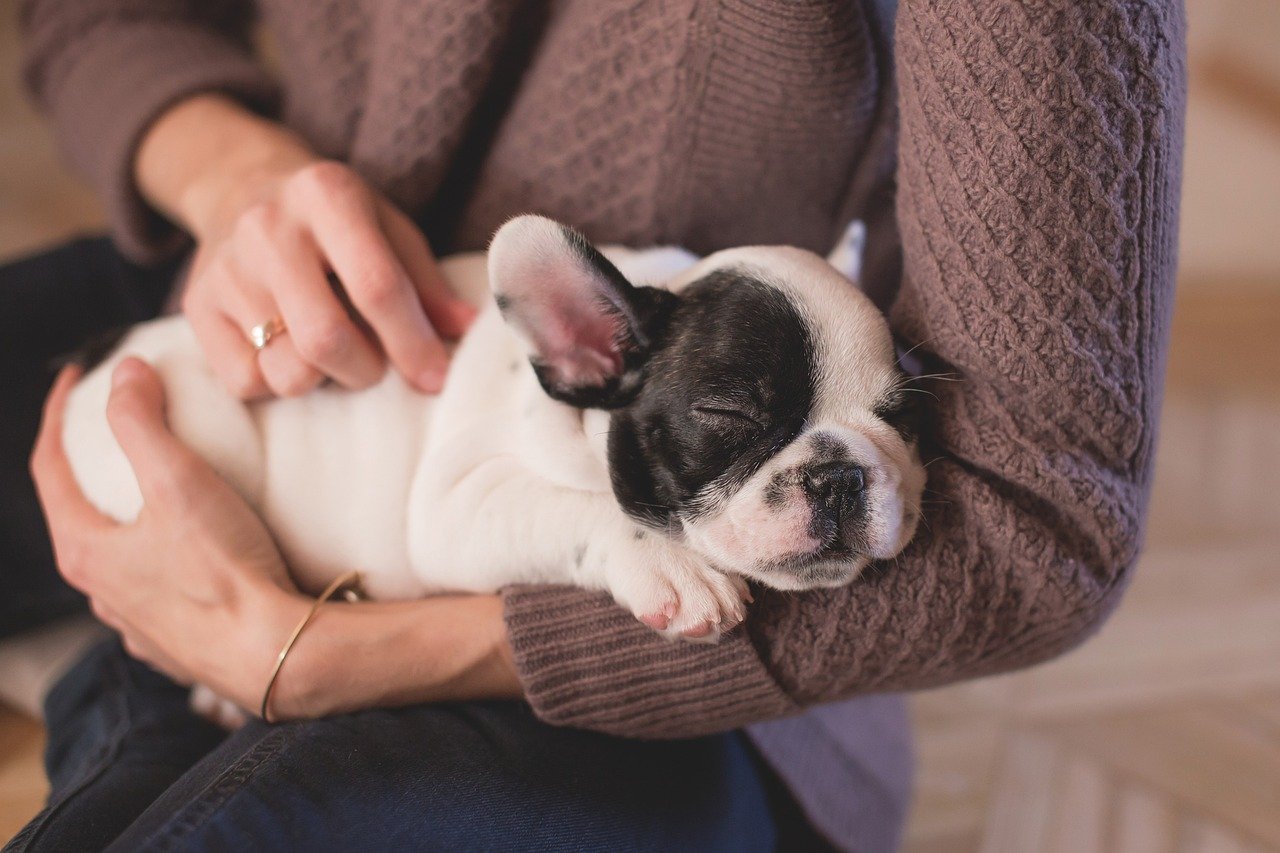
Introverts value relationships that are built on trust and understanding. Independent dogs aren’t pushy or demanding; instead, they seem to sense when their owner needs space. This creates a unique dynamic where both the dog and the owner respect each other’s moods and boundaries. The dog doesn’t take it personally if you’re not up for a walk right now, and you don’t feel pressured to always be “on.” Over time, this mutual understanding can lead to a deeper, more meaningful connection than a relationship built on constant attention.
Enjoying Solitude Together
There’s something magical about sharing a room with someone and feeling completely comfortable in silence. Independent dogs are experts at this. They’re happy to simply be near you, without the need for constant interaction. For introverts, this companionship is perfect — it’s about being together, not talking or playing non-stop. Whether you’re working on a hobby, reading, or just savoring a quiet afternoon, your dog is there too, content in the shared solitude. This kind of presence can bring comfort and a sense of belonging without any pressure.
Less Social Pressure for the Owner
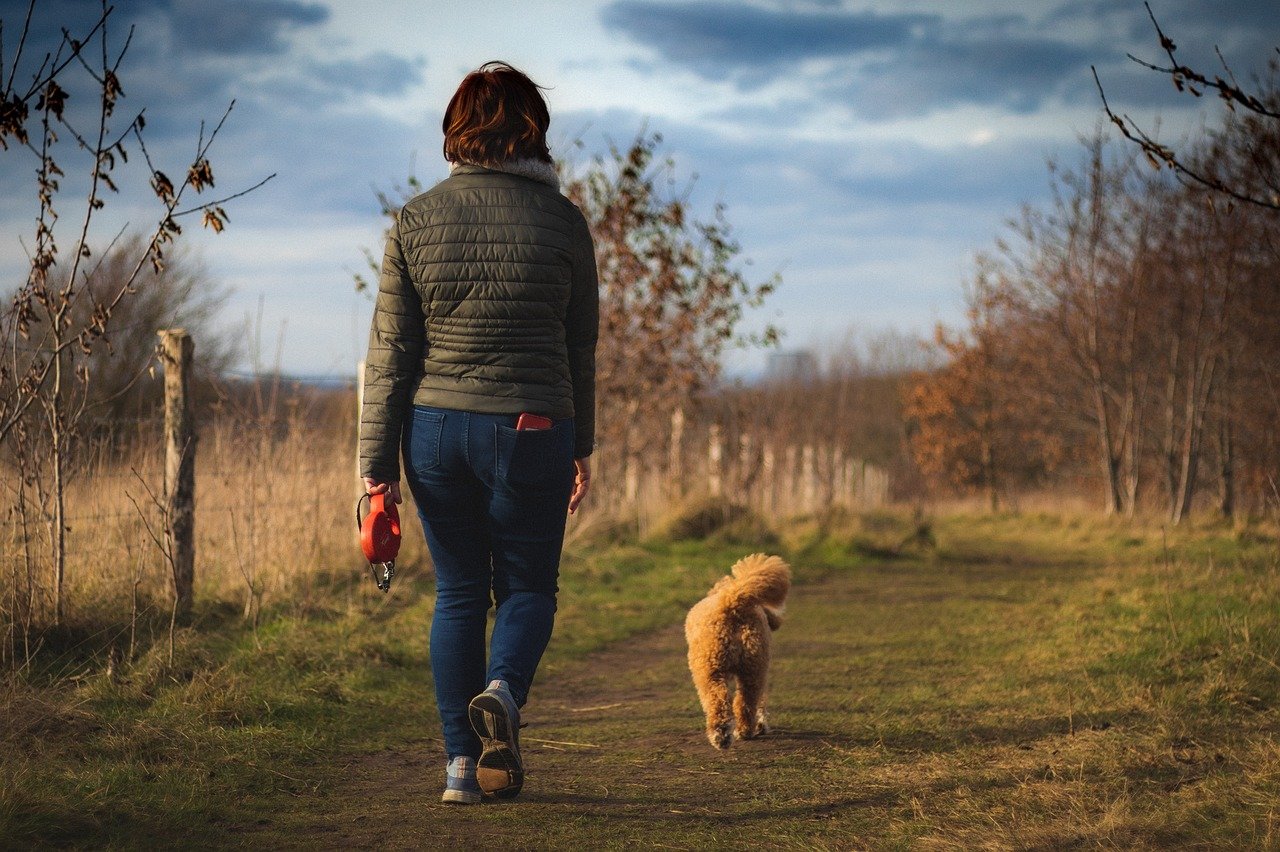
Some dog breeds attract a lot of attention at the park or on walks, leading to frequent conversations with strangers. For introverts, this can be exhausting. Independent breeds are often less showy and more reserved, which means fewer people stop to chat about your dog’s antics. You can enjoy peaceful walks without feeling like you’re on display. This makes outings more relaxing and gives introverts the chance to focus on their own enjoyment rather than constant small talk. It’s like having an invisible shield that lets you enjoy the world at your own pace.
Building Confidence Together
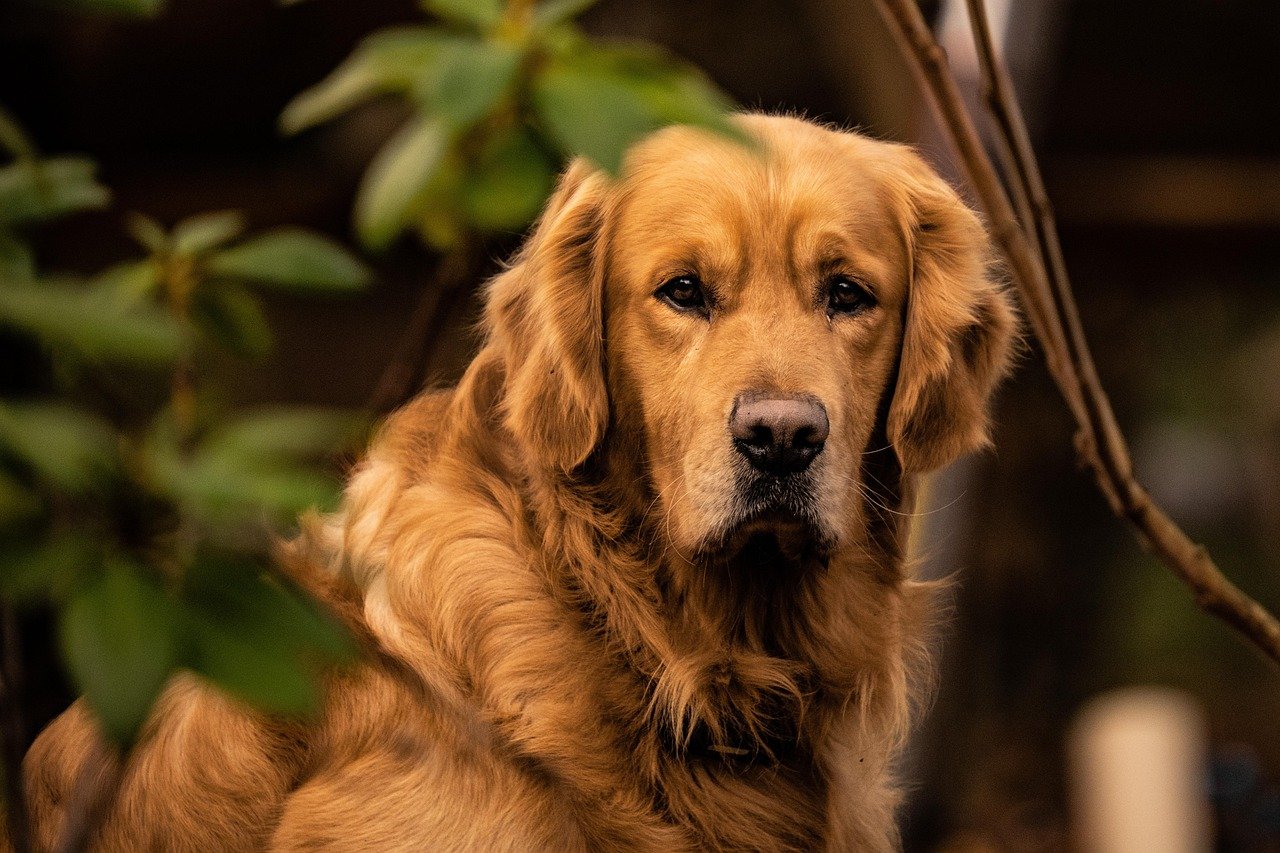
Owning an independent dog can help introverts grow in unexpected ways. These dogs often require clear boundaries and consistent training, encouraging their owners to be confident and assertive. Setting up routines and communicating with a self-reliant dog can boost self-assurance. At the same time, watching your dog navigate the world with quiet confidence can be inspiring. It’s a partnership where both human and animal can learn from each other, building trust and self-esteem along the way.
Examples of Independent Dog Breeds for Introverts
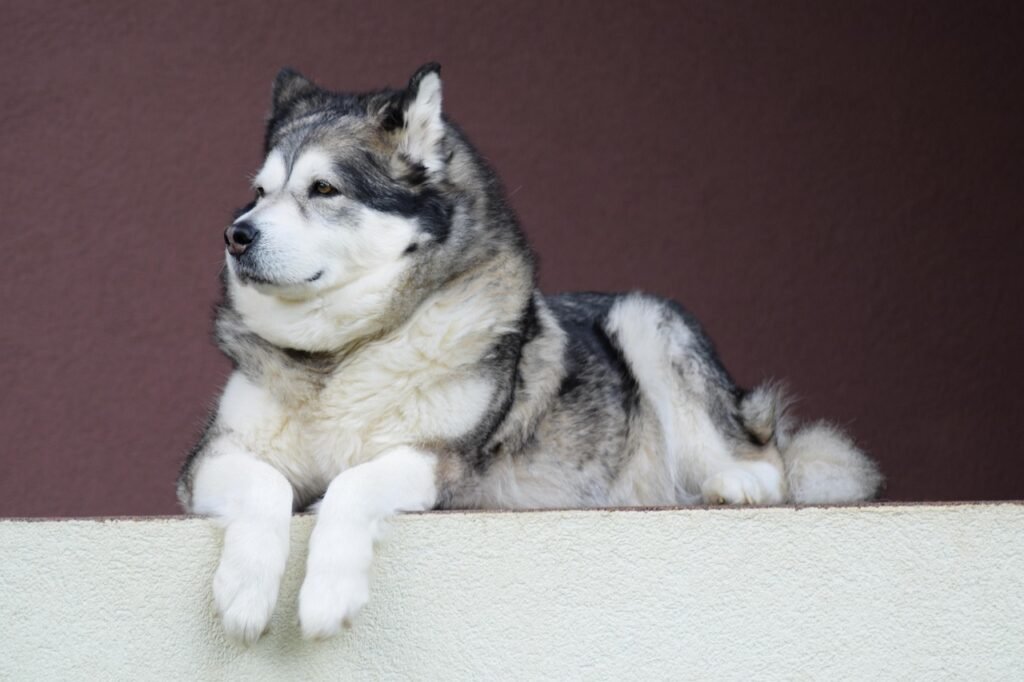
Some breeds stand out when it comes to independence. The Shiba Inu is famous for its cat-like aloofness and gentle spirit. Basenjis are known for being intelligent and quiet, rarely barking but always observing. Afghan Hounds have an elegant, distant air but will bond deeply with those they trust. Chow Chows are dignified, sometimes stubborn, but deeply loyal. Even the Alaskan Malamute, bred to work alone in harsh environments, is content spending time solo. These breeds each bring their own unique flavor of independence, making them excellent choices for introverted dog lovers.
Finding the Right Match: Things to Consider
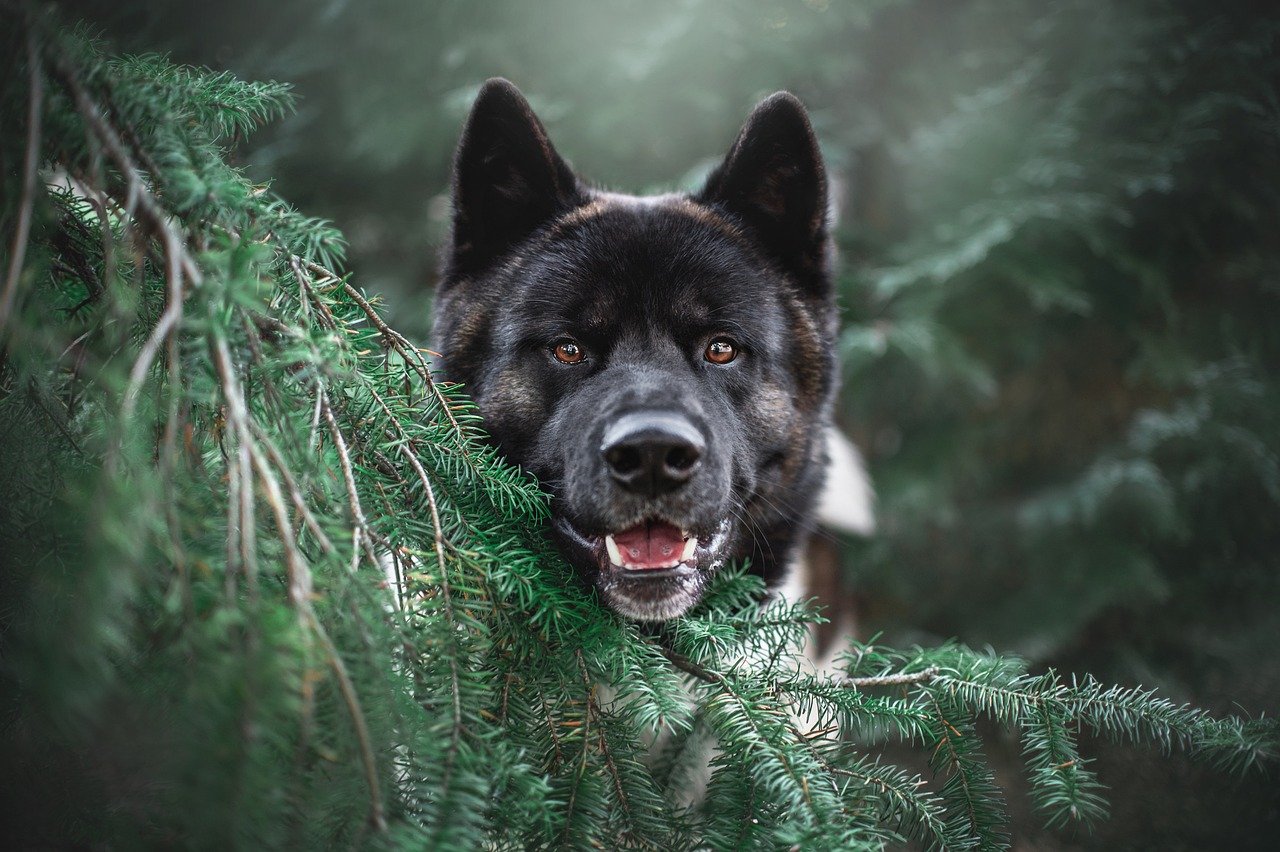
Choosing a dog is a deeply personal decision. For introverts, considering an independent breed is a great start, but it’s also important to think about lifestyle, energy levels, and living space. Some independent breeds still need lots of exercise or mental stimulation, even if they don’t crave attention. It’s worth spending time with different dogs to see who you connect with. Remember, every dog is an individual, and even within a breed, personalities vary. Trust your instincts and look for a dog whose pace and personality feel like a natural fit.
The Lasting Joy of a Quiet Companion
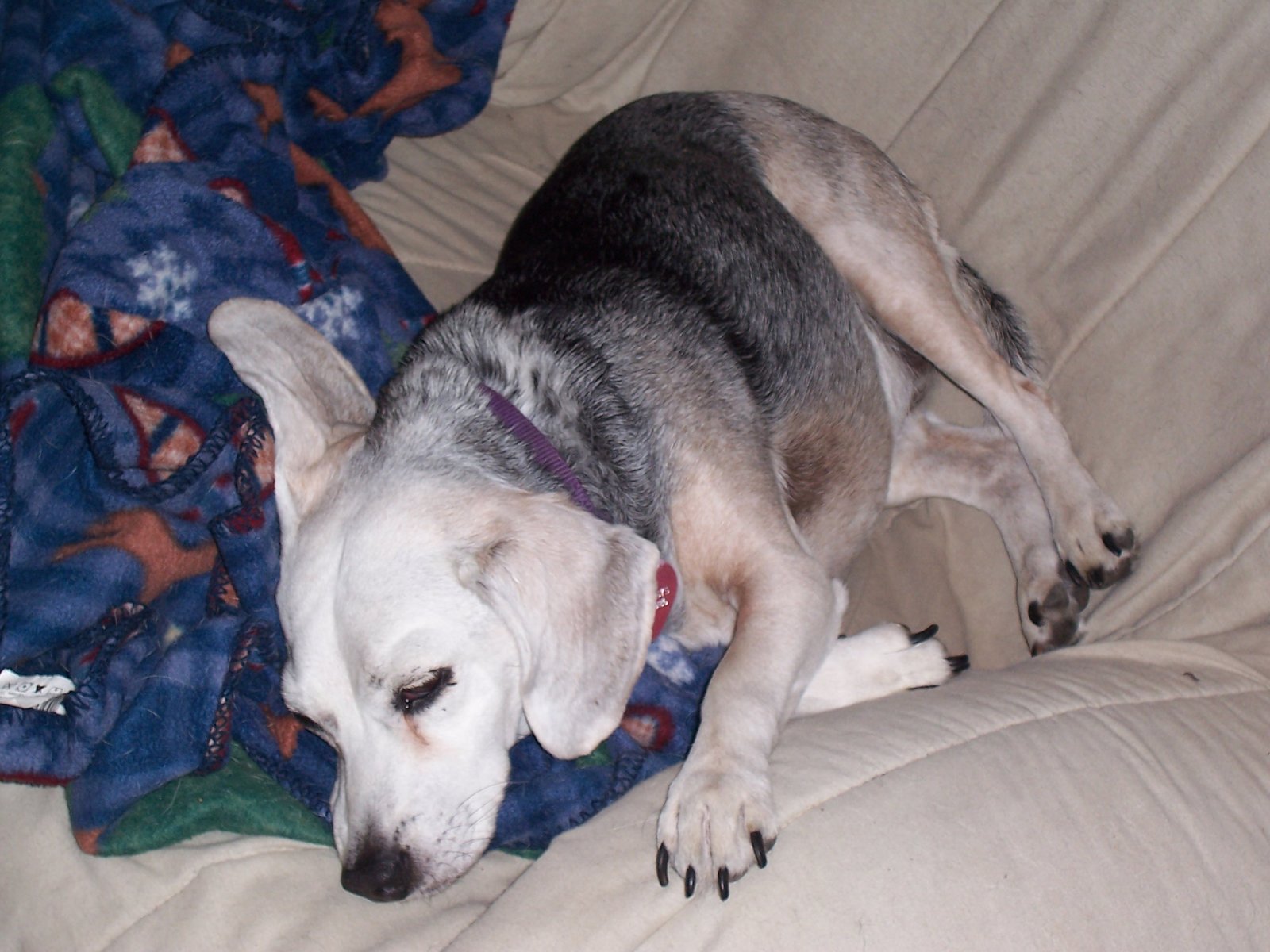
There’s a special happiness in finding a companion who truly gets you. For introverts, independent dog breeds can offer that rare blend of closeness and space, understanding and freedom. The relationship isn’t about grand gestures or constant noise — it’s about sharing life in a way that feels right. As you and your dog settle into your routines, you’ll likely find a sense of peace and contentment that’s hard to describe. Isn’t it fascinating how the right dog can make your world feel a little more like home?
If you’re more into quiet nights than busy crowds, an independent dog breed might be your perfect match. These pups are low-key, enjoy their alone time, and don’t constantly demand attention—making them ideal for introverts who value space and calm. You still get loyal companionship, just without the clingy energy. It’s all about finding a dog that vibes with your pace. With the right breed, you get the best of both worlds: connection and quiet.






